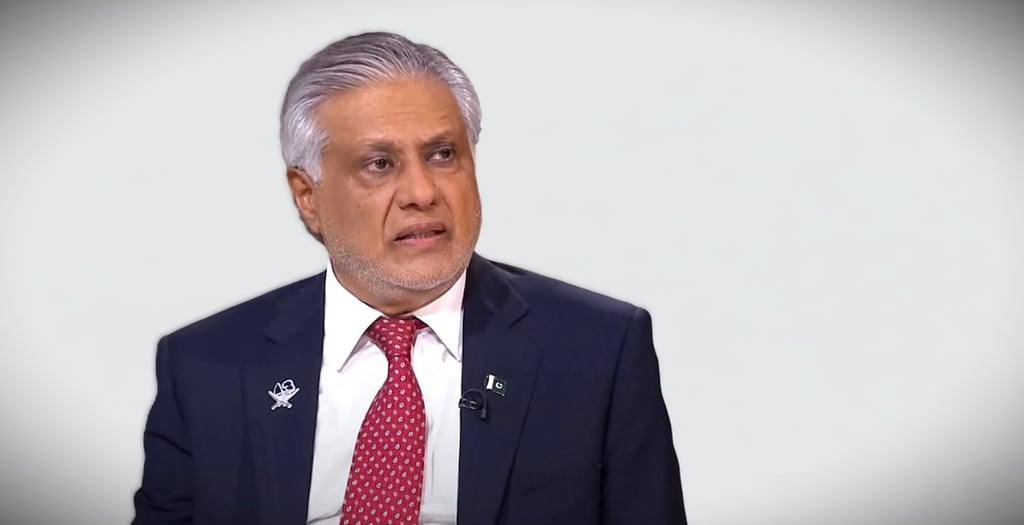Trump’s 20-Point Gaza Peace Plan Rejected by Muslim Nations | Full Details – 3 October 2025
Pakistan and Muslim nations reject Trump’s 20-point Gaza peace plan as biased. Full plan details, reactions, and global concerns. 3 Oct 2025 news.
Raja Awais Ali
10/3/20252 min read


Trump’s Gaza Peace Plan Diverges from Muslim Countries’ Proposal: Pakistan’s Response and Full 20-Point Details
On 3 October 2025, Pakistan’s Foreign Minister Ishaq Dar strongly rejected U.S. President Donald Trump’s 20-point Gaza peace proposal, saying it did not reflect the draft prepared by Muslim nations but instead had been altered to suit American and Israeli interests. According to Dar, critical clauses—such as a clear timeline for Israel’s withdrawal and guaranteed Palestinian self-determination—were either weakened or omitted altogether. He stressed that Pakistan, alongside Qatar, Egypt, Saudi Arabia, Jordan, Turkey, Indonesia, and the UAE, had submitted a joint draft, but the final published version did not match what was agreed upon.
Trump’s plan calls for an immediate ceasefire between Israel and Hamas, the release of all hostages within 72 hours, a phased withdrawal of Israeli forces, disarmament of Hamas, and reconstruction of Gaza under an international “Board of Peace.” While the plan has been promoted as a bold framework for peace, Muslim countries argue that their proposals were sidelined, making the document appear heavily biased toward U.S. and Israeli priorities.
Key Features of Trump’s 20-Point Plan
The plan outlines several major steps, including:
An immediate ceasefire, halting all military operations.
Release of all hostages (alive or deceased) within 72 hours.
Israel to release 250 prisoners serving life sentences and approximately 1,700 other Palestinians detained after October 2023.
Hamas members who surrender weapons will be granted amnesty and allowed safe passage out of Gaza if desired.
Humanitarian aid to enter Gaza without restriction, restoring electricity, water, hospitals, and basic infrastructure.
Rafah crossing to be opened for two-way movement under agreed terms.
Gaza to be temporarily governed by a technocratic administration overseen by the new “Board of Peace,” chaired by Trump with participation from global leaders such as former UK PM Tony Blair.
Hamas or other armed groups to be excluded from governance.
Gaza declared a “terror-free zone” with strict security guarantees for Israel.
Major reconstruction projects to revive Gaza’s economy.
No formal Israeli annexation of Gaza, though the West Bank is excluded from this plan.
Responsibility for Gaza to eventually transition to the Palestinian Authority, provided it undertakes reforms.
If Hamas refuses the plan, Trump pledges full U.S. backing for renewed Israeli military operations.
Reaction and Concerns
Hamas has firmly rejected the proposal, calling it a scheme to dismantle the group. France and other nations have also raised concerns, pointing out vague references to Palestinian statehood and the omission of West Bank issues. Critics argue the plan heavily favors Israel and denies Palestinians meaningful control over their future.
Pakistan and other Muslim countries insist that a genuine peace plan must guarantee Palestinian rights, sovereignty, and representation. While Trump’s proposal has been presented as a breakthrough, growing opposition from the Muslim world and skepticism from international actors cast doubt on its viability. The coming days may see further negotiations and possible revisions, but for now, the plan faces serious credibility challenges.
Stay informed with the latest national and international news.
© 2025. All rights reserved.